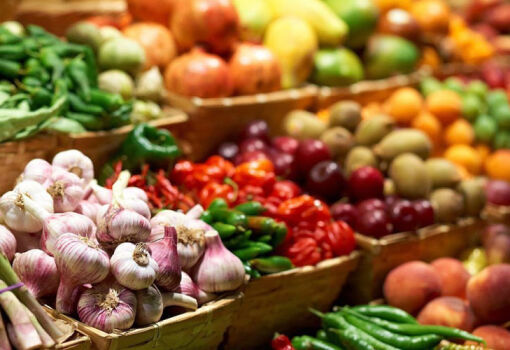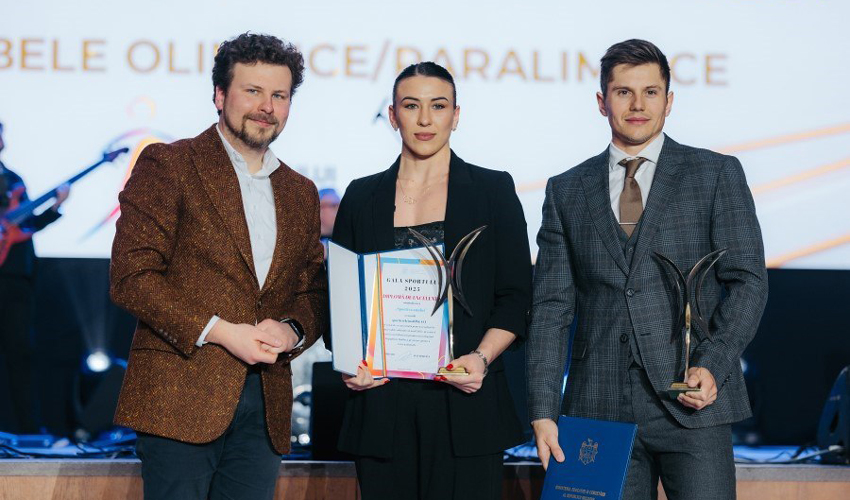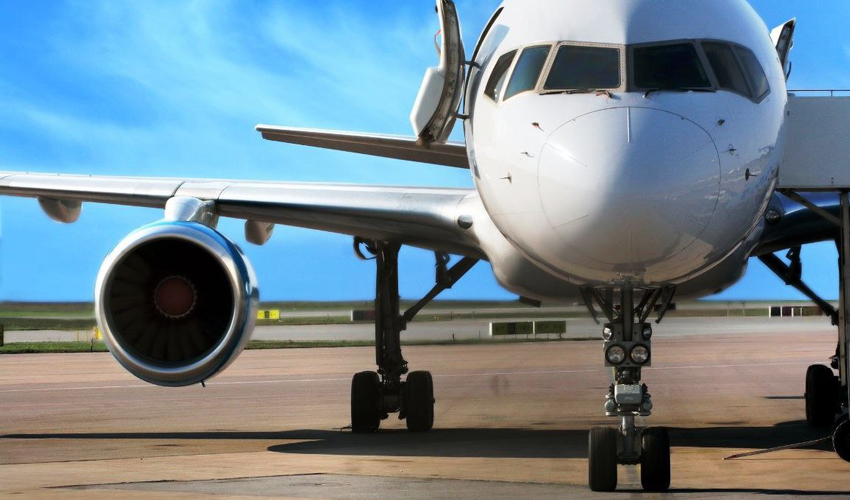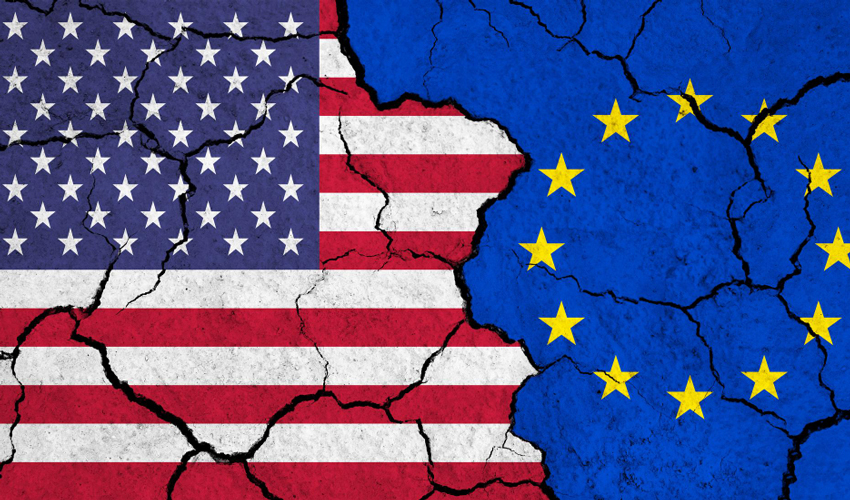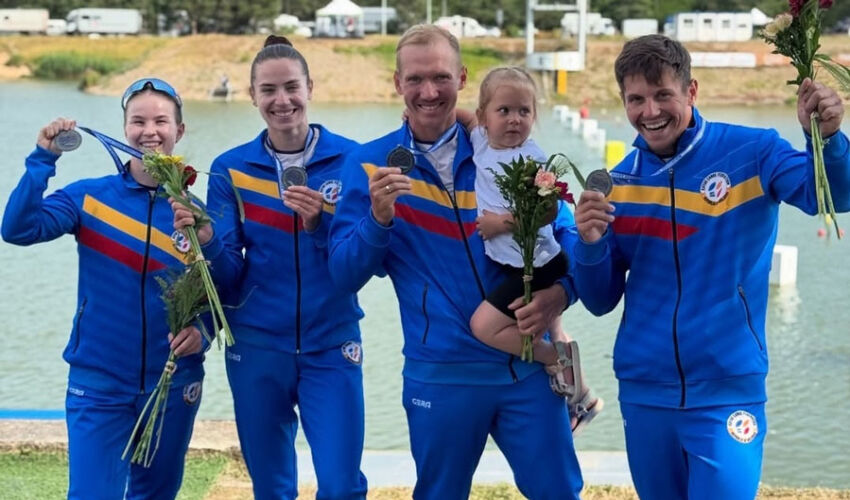
Moldovan national canoeing team at the World Cup 2025: from left to right - Maria Olăraşu, Daniela Coşu, brothers Oleg and Serghei Tarnovski //Photo: facebook.com
He covered the 5,000 meters in 23 minutes 29.537 seconds. Polish canoeist Viktor Glazunov crossed the finish line one second later. Carlo Tacchini of Italy was third, nine seconds behind the winner.
Thus, Sergey Tarnovsky became a two-time European champion. Last year in Szeged (Hungary) he won the gold medal in the 500-meter canoe single.
In the Czech Republic, the 27-year-old canoeist worsened his score from a year ago in the 500 meters by finishing second. Serghei Tarnovski covered the distance in one minute 49.28 seconds and lost 1.5 seconds to the winner, Martin Fuchs from the Czech Republic. At the same time, the Moldovan athlete was 1.5 seconds ahead of Cătălin Chirilă from Romania.
The same canoeists took the podium at the distance of 1.000 meters, but in a different order. The European champion was Cătălin Chirilă, the silver medalist was Martin Fuksa and the bronze medalist was Tarnovski (3:49.128), who was 2.347 seconds worse than the winner.
In the 4×500 meters mixed relay, the Moldovan team (Serghei Tarnovski, Maria Olăraşu, Daniela Coşu, Oleg Tarnovski) took the third place, covering the distance in one minute 38.999 seconds. The Spanish rowers (Angels Moreno, Maria Corbera, Adrian Sijero, Daniel Grijalba) finished 2.744 seconds earlier and won the gold medal. The Hungarians (Reka Opavski, Christoph Kollar, Istvan Juhas, Sofia Csorba) were second, 2.131 seconds ahead of their Moldovan rivals.
The only medal in the women’s single canoe event was brought to the Moldovan team by Daniela Cociu, who took bronze in the 5.000 meters with a time of 27:11.617. The winner was Sofia Csorba from Hungary, who crossed the finish line 15.95 seconds earlier than the Moldovan representative. The silver medalist was Maria Corbera from Spain, 13.091 seconds ahead of the 25-year-old Moldovan canoeist.
In the team standings, the Moldovan national team with five medals (one gold, one silver and three bronze) took the seventh place. Hungary topped the list (15 medals / seven golds), followed by Spain (12 medals / four golds) and Portugal (four medals / three golds).









